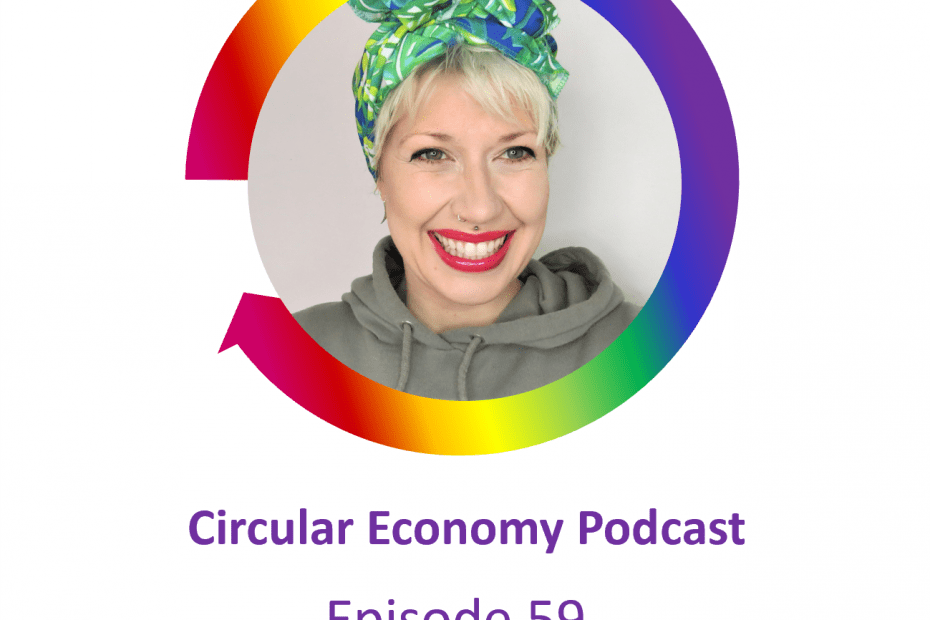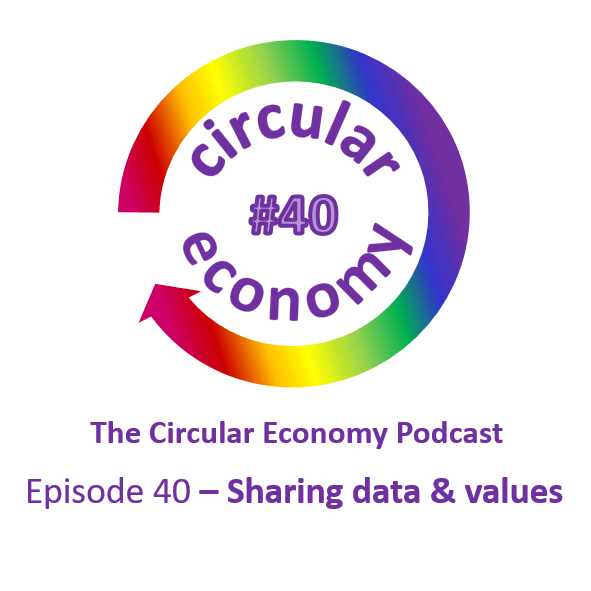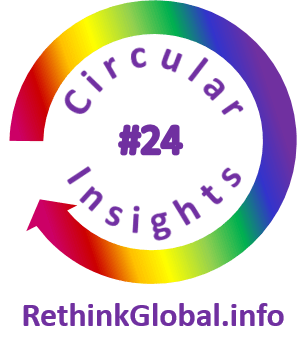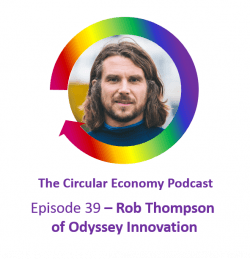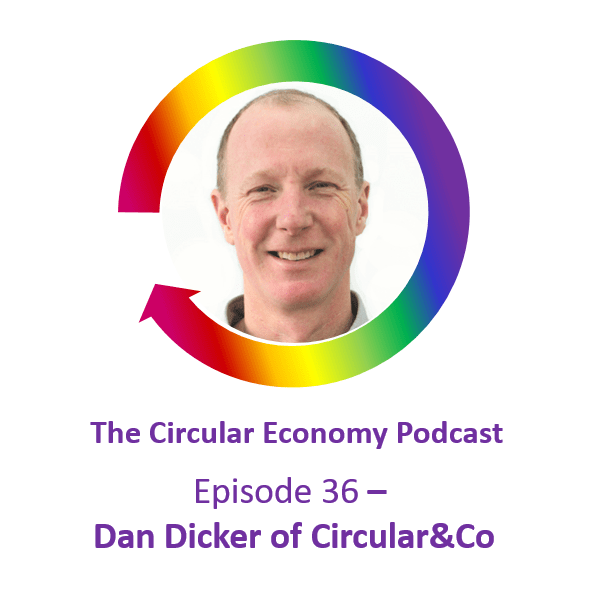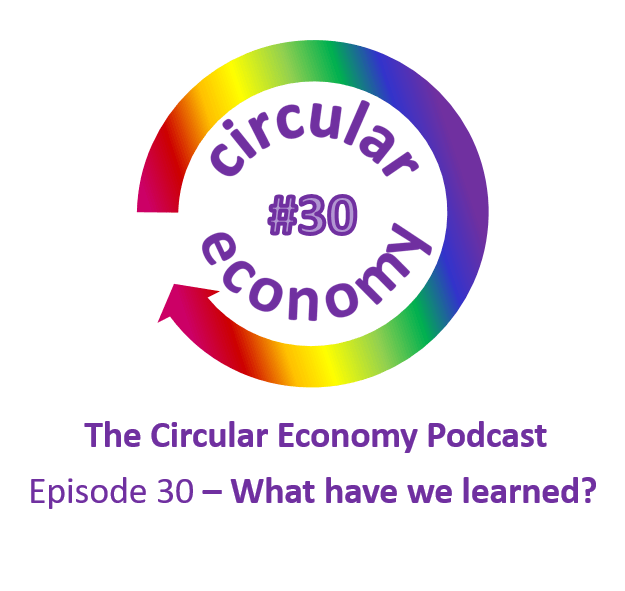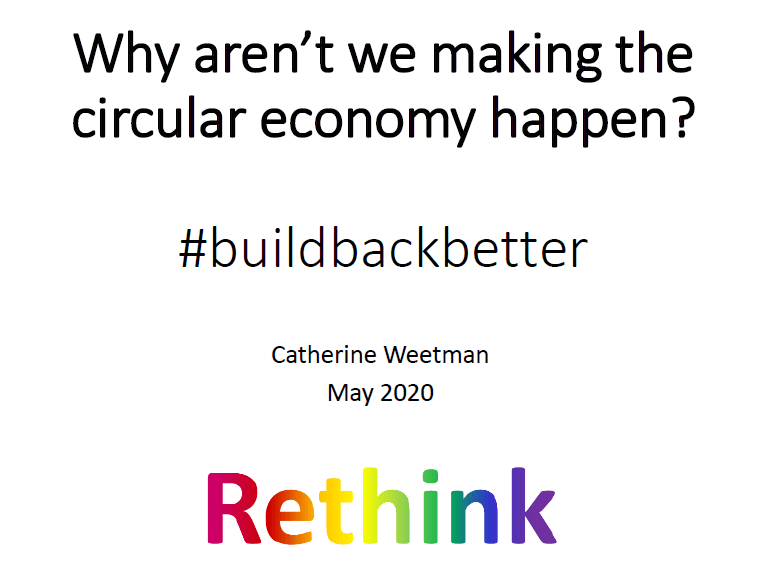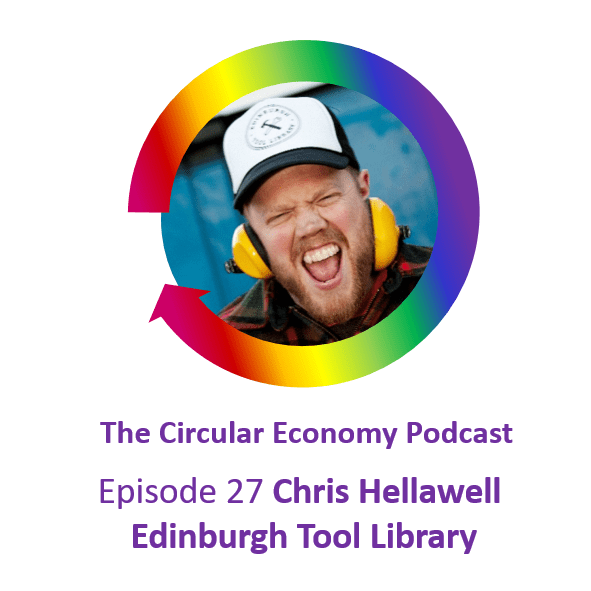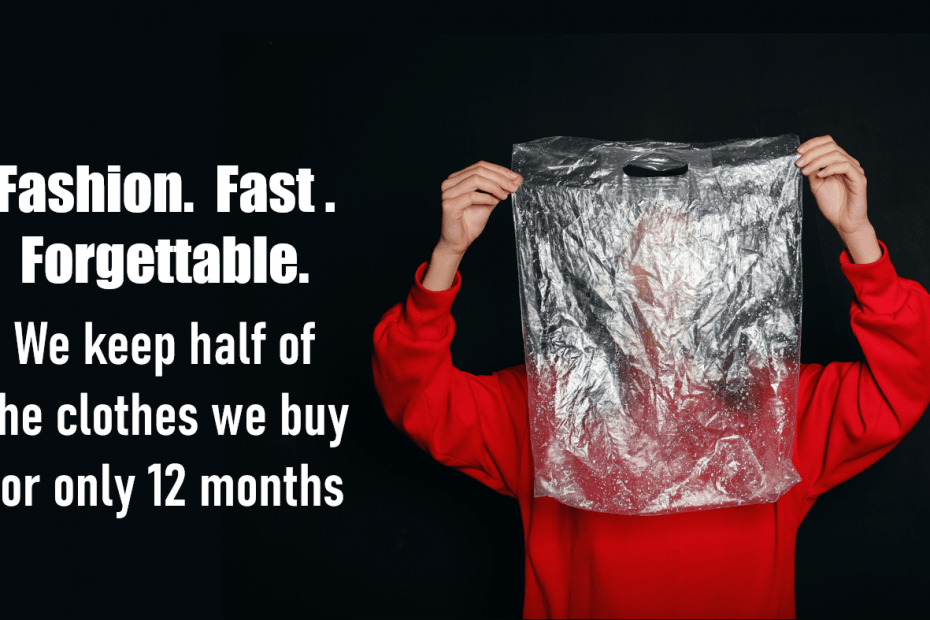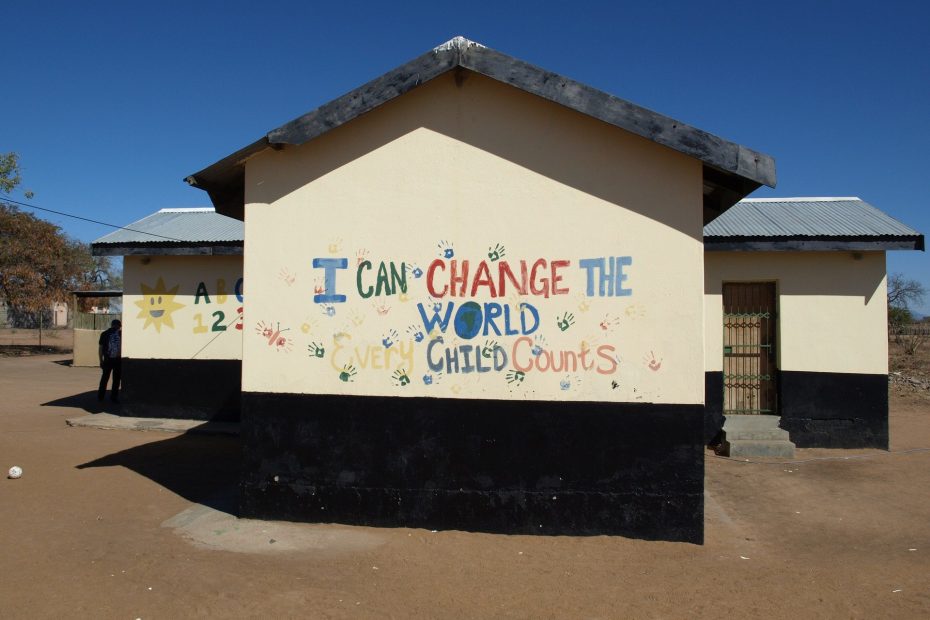Episode 59 – Rae Stanton of Lush
Rae Stanton is the Earthcare Retail Lead for Lush Cosmetics UK and Ireland, using Permaculture principles to provide environmental best practice insight and guidance on packaging, sourcing regenerative ingredients and much more.
We find out how Lush embeds Permaculture and regenerative agriculture approaches into its business practices, and why Lush realised it needed to ‘own the packaging solution’ instead of relying on municipal recycling collections. Rae explains how Lush engaged its customers in designing ‘bring-back’ solutions, including asking them how much the reward should be.
